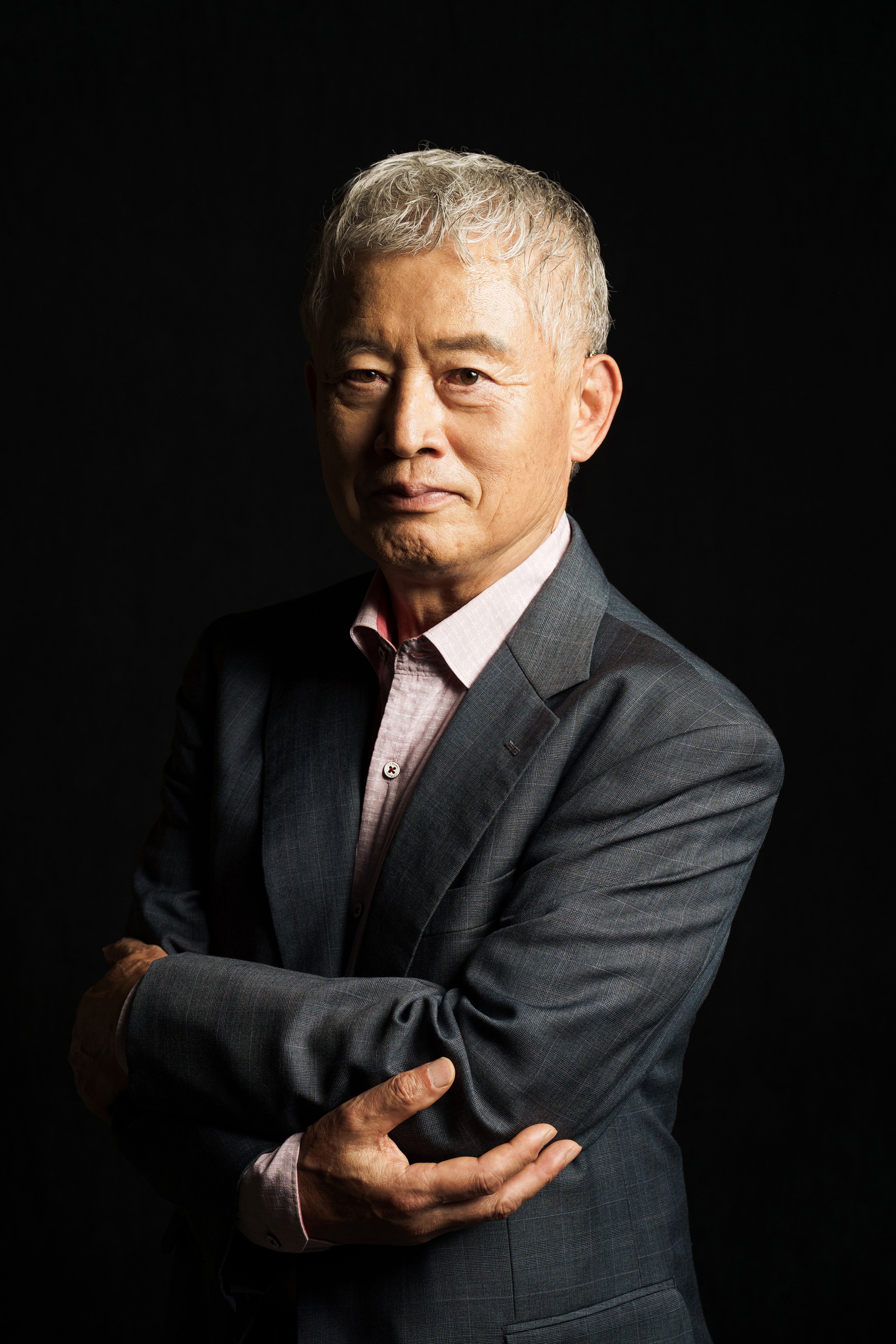JISOON LEE 이지순
KFAS Fellowship 2nd Term (1979)
PhD, Economics, University of Chicago, 1984
Thesis: A Study of Dynamic Consumption and Labor Supply Under Uncertainty
Work & Experiences
- Assistant Professor, Department of Economics, Brown University (1983-1985)
- Professor, Department of Economics, Seoul National University (1985-2015)
- President, Korean Econometric Society (2002-2003)
- President, Korean Money & Finance Association (2006-2007)
- Member & Civilian Chairman, Presidential Committee on Green Growth (2011-2017)
- Member, National Academy of Sciences, Korea (2014-present)
- Professor Emeritus, Seoul National University (2015-present)
- President, Korean Economic Association (2015-2016)
Jisoon Lee is a lifetime member of the National Academy, Republic of Korea, and Professor Emeritus, Seoul National University. He began his academic career specializing in theoretical macroeconomics/monetary theory.
In the last twenty years, Jisoon Lee has been searching for answers to such questions as 1) Why are some nations rich, but others poor? 2) Why do some nations grow over time, while others remain stagnant or retard? 3) Most human beings now enjoy far better quality of lives than their ancestors of only about 300 years ago; what has made this unprecedented human progress possible? 4) How has Korea achieved such remarkable progress in the last sixty years? He argues, “The human liberation that was initiated by England some 300 years ago and spread to other countries has made such unprecedented human progress possible.” He also argues, “Korea has achieved such remarkable progress thanks to its steadfast participation in the human liberation waves of the free world.” His ideas are clearly delineated in his books, The Rise and Fall of Nations’ Economies (2018) and The Economics of Human Liberation (2021).
Currently Jisoon Lee is seeking answers to “How to deal with the shadows of human liberation such as 1) Environmental degradation, depletion of natural resources, and rapidly intensifying climate change issues, 2) The problems associated with weapons of mass destruction, 3) The possibility of humans becoming the slaves of intelligent machines, and 4) Wraths that may befall obstinate humans who are increasingly challenging the Almighty.”

